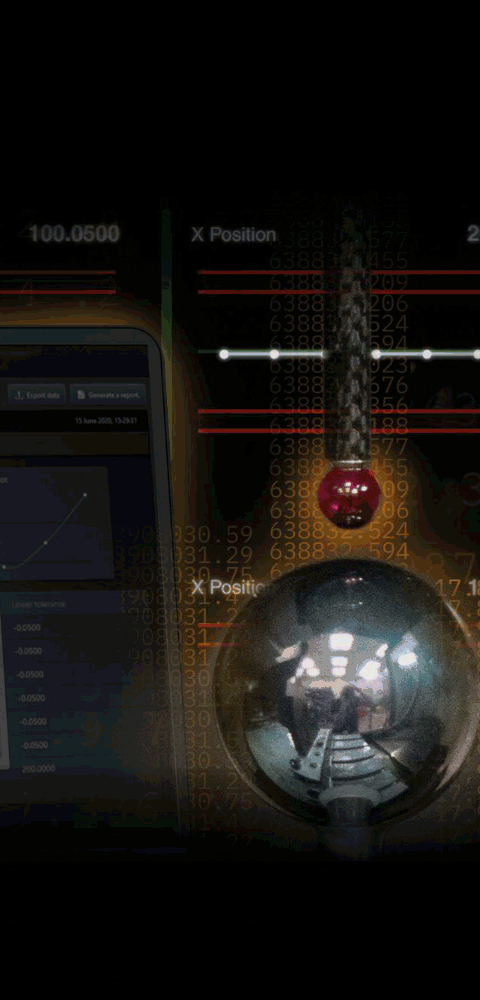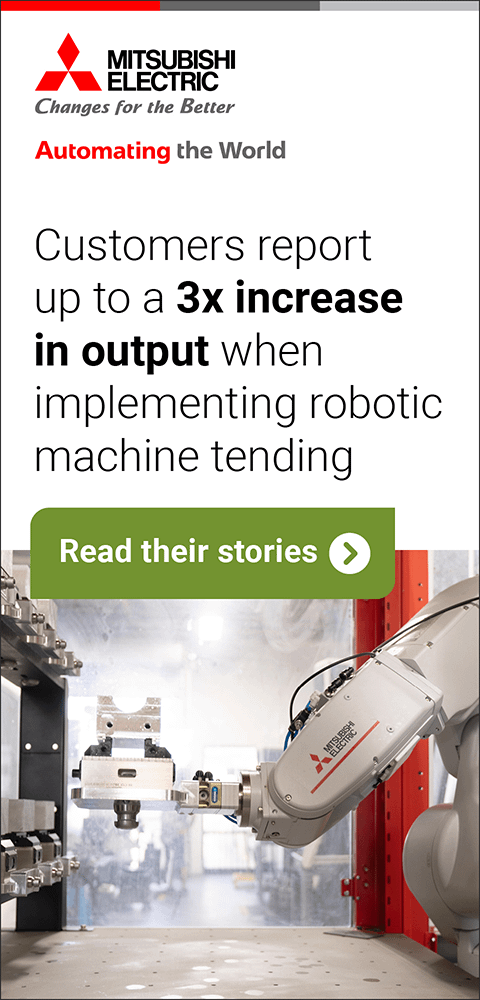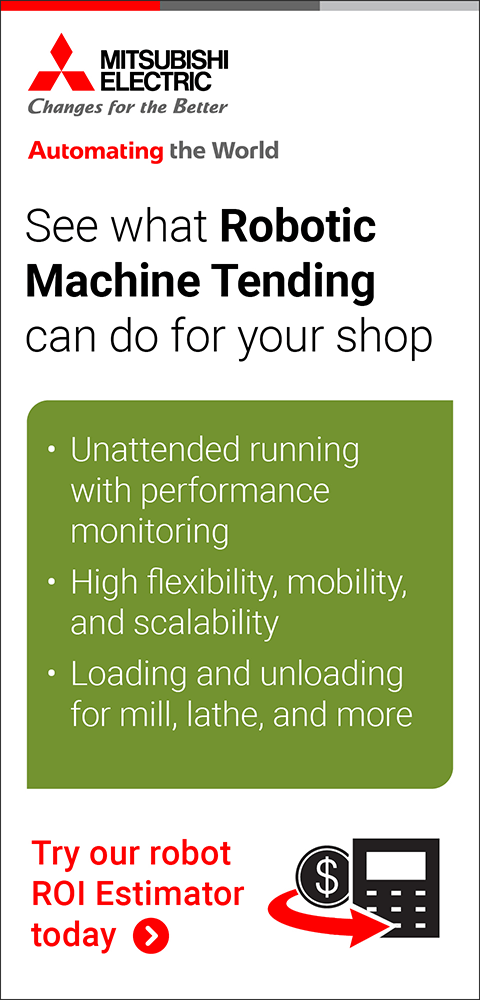






TUV Rheinland to Help Clients Transition to IATF 16949:2016.
January 1, 2017
TÜV Rheinland has announced that it is fully prepared to assist its automotive clients in their transition to the new IATF 16949:2016 Quality Management System standard. The International Automotive Task Force (IATF) - an "ad hoc" group of automotive manufacturers and their respective trade associations - was formed to provide improved quality products to automotive customers worldwide. The organization has developed the new IATF 16949:2016 standard as a replacement for the currently used ISO/TS 16949:2009, which will no longer be recognized as a valid certification standard after September 14, 2018. This updated standard will align with and refer to ISO 9001:2015.
The goal of IATF 16949:2016 is the development of a quality management system that: provides for continual improvement; emphasizes defect prevention; includes specific requirements and tools from the automotive industry; and promotes the reduction of variation and waste in the supply chain. This international standard, coupled with applicable customer-specific requirements, defines the fundamental quality management system requirements for automotive production, service and accessory parts organizations.
TÜV Rheinland clients will have the ability to transfer to the new IATF 16949:2016 starting on April 1, 2017. Audits based on the outgoing ISO/TS 16949:2009 standard may still be conducted until October 1, 2017, but any certificate granted based on that specification will expire in September of 2018. Because of the pending elimination of the ISO/TS standard, TÜV Rheinland is recommending its clients be audited and certified to the new IATF 16949:2016 at the earliest possible opportunity.
Those automotive organizations that are currently certified to the old standard should transition to the new IATF 16949:2016 on their regularly scheduled timeline. The IATF does not allow for those organizations to transition to the new standard at either transfer audits or special audits that are not in line with their current regular audit cycle. Typically, recertification audits occur 36 months after the initial audit, and surveillance audits are performed at 12 and 24 months after the initial or recertification audit. Transfer audits occur when an existing certified company wants to transfer from one registrar to another.
"TÜV Rheinland has been working very closely with the IATF for many years to ensure that we are aware of upcoming developments and can keep our auditors and clients equally aware of these changes," said Peter Theobald, Automotive Program Manager at TÜV Rheinland North America. "We have committed significant resources to ensure that we have adequately trained auditors and office staff available to successfully manage the transition of our client base to the new standard, and to make this transition as easy and painless as possible. TÜV Rheinland welcomes this next stage in the continuing evolution of the automotive quality management system and we look forward to working with our current and future clients to ensure a successful transition."
For more information contact:
TÜV Rheinland of North America, Inc.
12 Commerce Road
Newtown, CT 06470
203-426-0888
www.tuv.com/us
< back